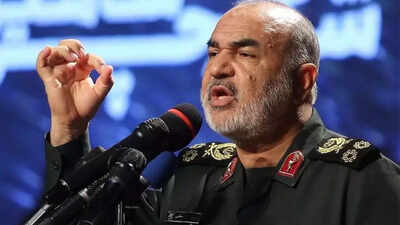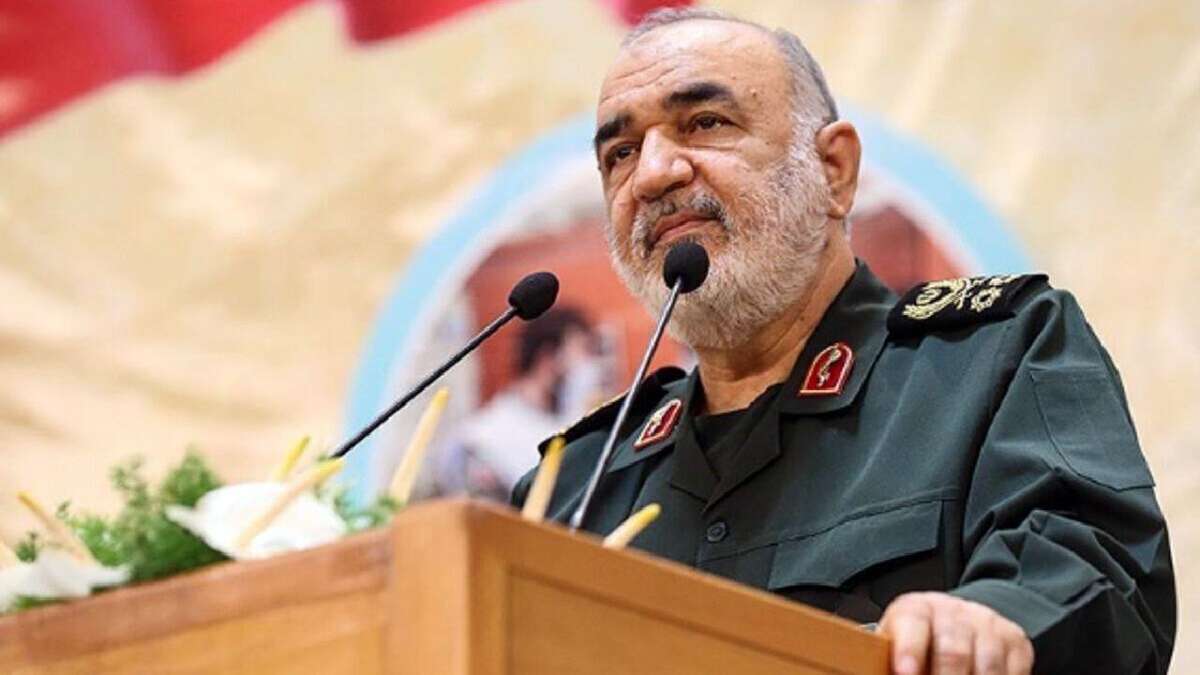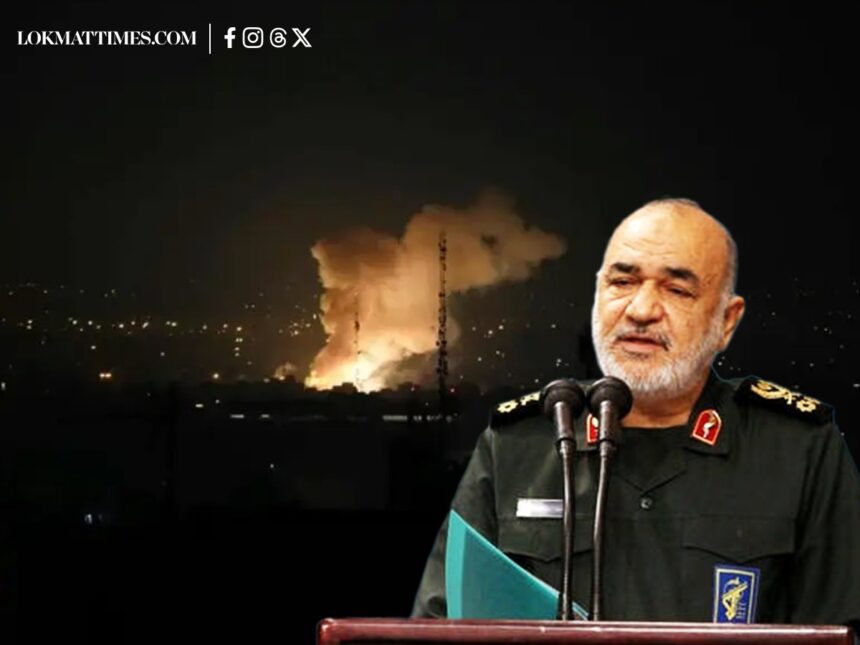In a stunning escalation of Middle East tensions, Hossein Salami killed, the commander of Iran’s powerful Islamic Revolutionary Guard Corps (IRGC), was killed in an Israeli strike on Tehran early Friday morning. The attack, described as one of the boldest in decades, also claimed the lives of other top military leaders and scientists, pushing the region closer to full-scale conflict.

Salami, 65, was a key figure in Iran’s military establishment and a vocal critic of both Israel and the United States. He had repeatedly warned that Tehran would “open the gates of hell” if attacked — rhetoric that now haunts a region already on edge.
Israel’s Strike Targets Iranian Military Nucleus
Israel says the coordinated airstrikes were aimed at disrupting Iran’s nuclear capabilities and removing senior leadership. Among the high-profile casualties were Hossein Salami killed:
- Mohammad Bagheri – Chief of Staff of the Iranian Armed Forces
- Gholamali Rashid – Deputy Commander of Iran’s Armed Forces
- Multiple senior nuclear scientists
The strikes reportedly targeted missile production sites, nuclear research facilities, and military command centers in and around Tehran. Footage shows widespread destruction, with plumes of smoke rising from bombed buildings and cars ablaze.
Iran Vows Revenge: “Heavy Price” to Be Paid

In the immediate aftermath, Iranian state media declared a national day of mourning, while the government vowed that both Israel and the U.S. would “pay a heavy price.” Though the U.S. has denied involvement, tensions remain high as fears mount over the potential for a wider war.
Tehran’s leadership, already skeptical of ongoing nuclear deal negotiations, now appears unified in its intent to retaliate. Supreme Leader Ayatollah Ali Khamenei has called the attack an “act of war,” while proxy forces in Lebanon, Syria, and Iraq have reportedly been put on high alert.
Who Was Hossein Salami?
Salami joined the IRGC during the 1980 Iran-Iraq war and rose through the ranks, becoming commander in 2019. Known for his militant posture, Salami often threatened Israel and the U.S. with direct conflict. He declared Iran was “on the verge of becoming a world power” and embraced confrontation as a means to deter foreign intervention.
Salami was sanctioned by the UN Security Council and the United States for his role in Iran’s nuclear and ballistic missile programs. His death marks the most significant blow to the Iranian military establishment since the U.S. assassination of Qassem Soleimani in 2020.

What is the Islamic Revolutionary Guard Corps (IRGC)?
The IRGC is not just a military force—it is a political and economic powerhouse in Iran. Established in 1979 to protect the Islamic regime, the IRGC reports directly to the Supreme Leader and operates independently from Iran’s regular army.
It controls Iran’s strategic weapons, oversees the Basij militia used in domestic crackdowns, and exerts influence abroad through the Quds Force—a shadowy division tied to proxy militias across the region.
The Guards also dominate Iran’s economy, controlling an estimated one-third through subsidiaries and lucrative construction and oil contracts.
Global Fallout: Could This Spark War?
Experts fear this could mark the beginning of a new regional war. With Iranian proxies like Hezbollah already threatening action, and Israeli cities bracing for retaliatory strikes, the conflict may quickly spiral.
“We are now entering uncharted territory,” said John Brennan, a former CIA director. “This isn’t just tit-for-tat. The killing of someone like Salami is an act that reverberates through every corner of the Middle East.”
As of now, President Donald Trump has urged Israel to show restraint, hoping not to derail backchannel talks over a revised nuclear agreement. But Israel appears determined to neutralize Iran’s military leadership before any deal can restore Iranian strength.
Further Reading
Understanding Iran’s Revolutionary Guard Corps (IRGC)









